SUMMARY
This is AI generated summarization, which may have errors. For context, always refer to the full article.
![[Be The Good] In Negros, a bloody day remembered](https://www.rappler.com/tachyon/2024/03/Degamo-killing-first-year-commemoration.jpg)
There is nothing more chilling to a community than a culture of violence.
On March 4, 2024, we are reminded of this by the first anniversary of the brazen murder of Negros Oriental Governor Roel Degamo.
Around breakfast time, Degamo and nine others were shot down by men carrying high-powered guns in his own residence in Pamplona town, Negros Oriental.
The alleged mastermind, no less than a former district representative, is a fugitive on foreign soil, after being declared a terrorist by the Philippine government. Disgraced politician Arnolfo Teves was found by authorities to have led a group that had everything from an organizational structure to operational funding. One other supposed member of the group bore his last name.
But the Degamo slay is just one of the most high-profile of killings that have long stained the Visayan island’s sugar cane fields and small town streets.
It was just a headline-grabbing manifestation of what Bishop Gerry Alminaza of the Diocese of San Carlos City rightly called a “violence-prone political culture.”
Justice remains elusive, not just for Degamo, but for the red-tagged lawyers, journalists, students, and hacienda workers and farmers murdered on the island.
Alminaza, Erwin Delilan writes, has called for more effective gun regulation to end “gun culture,” disbanding private armies, and stopping the “bodyguard system.” Political dynasties have long benefited from this culture of violence. They should go too, says the religious leader.
Violence needs the right conditions to breed. In Negros Island, poverty, hunger, and land conflicts have provided fertile soil for the culture of violence and impunity to take root.
At no other time was this more evident than during the dictatorship of the current president’s father. Veteran journalist Inday Espina-Varona wrote that, in the 1980s, Negros was the “apex of brutality and corruption” under the Marcos regime.
Horrific images of Negros’ starved children emerged from a time when Marcos Sr.’s cronies plundered the island’s sugar industry. Bankrupt sugar producers abandoned their estates, leaving an estimated 190,000 sugar workers without income.
The country’s sugar bowl exploded with violence. Soldiers and private armies of Marcos cronies gunned down an untold number of civilians, amid mass protests against government repression and corruption.
Justice for the slain and addressing the social ills that fuel bloodshed are necessary steps that the new Marcos in Malacañang must take. While President Marcos remains cynical about whether the International Criminal Court should probe his predecessor’s Davao drug killings, justice remains elusive for the families of the slain.
And in Negros, communities continue to fear impunity because no concrete steps have been taken to undo the systems that have allowed violence to take root. – Rappler.com
Be The Good is a newsletter that comes out every other Wednesday. We deliver updates straight to your inbox on how journalism and communities can work together for impact.
To subscribe, follow the #FactsFirstPH movement or visit rappler.com/profile and click the Newsletters tab. Create a Rappler account that helps you manage your newsletter subscriptions.
Add a comment
How does this make you feel?
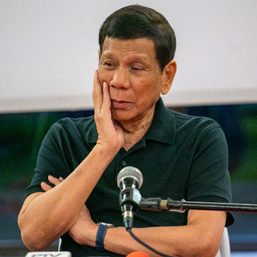
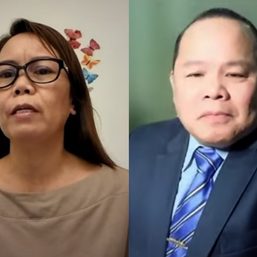
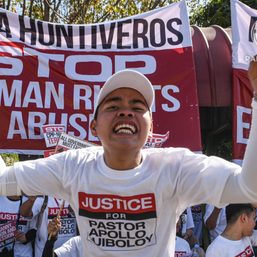
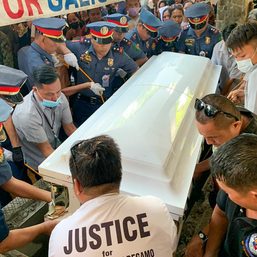
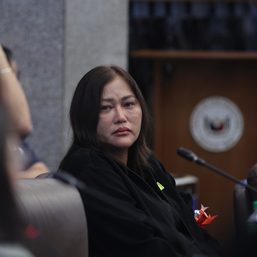

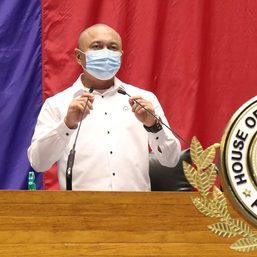
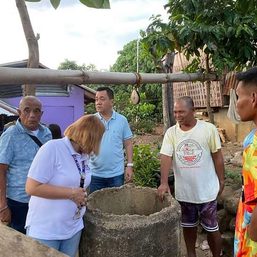

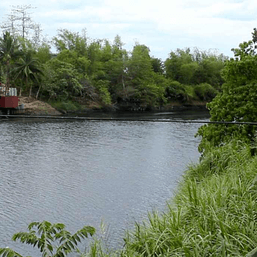

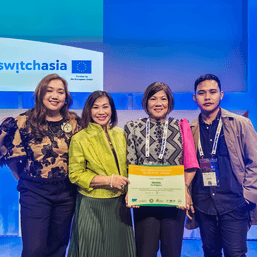
There are no comments yet. Add your comment to start the conversation.